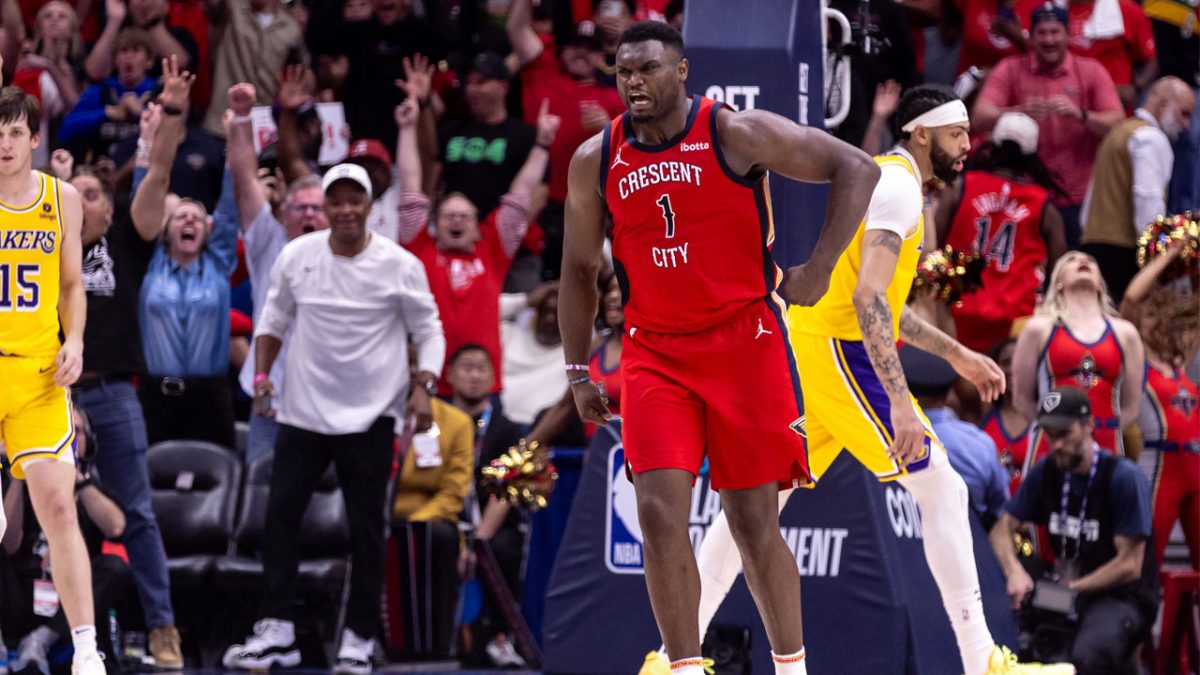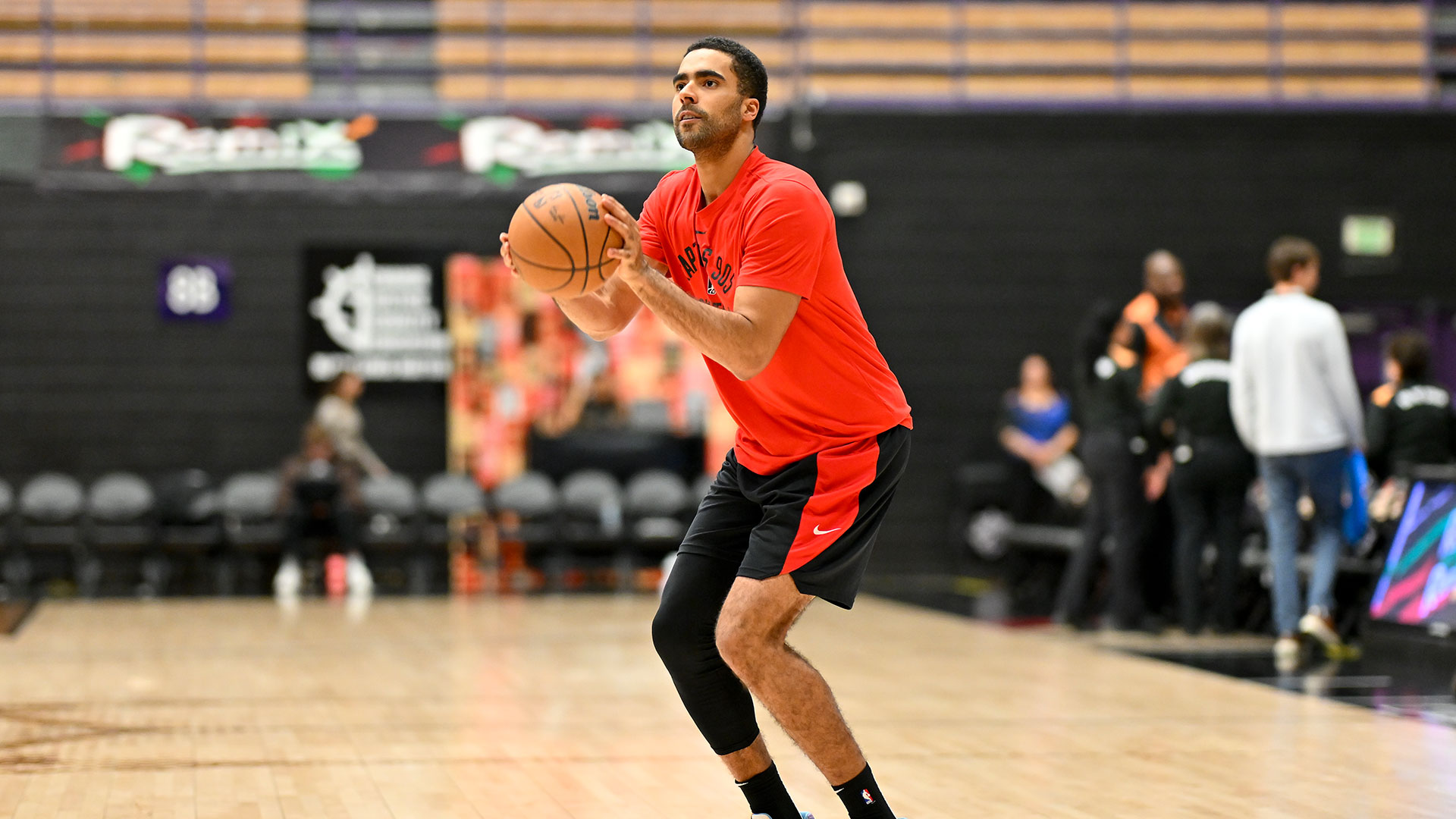One of the most famous Shakespearian quotes comes from Romeo And Juliet, where Juliet claims, “A rose by any other name would smell as sweet.” It is hard to know for sure if New York Knicks president Phil Jackson is a fan of Shakespeare, but he is putting this idea to the test both literally and figuratively.
Earlier this afternoon, the Knicks acquired Chicago Bulls point guard Derrick Rose as part of a multi-player trade. Jackson and the Knicks organization likely believe that Rose can help develop a backcourt that can complement the talents of All-Star forward Carmelo Anthony and second-year forward Kristaps Porziņģis.
However, this trade is likely not solely about Rose’s on-court performance. My company, Block Six Analytics, created a new metric called Revenue Above Replacement (RAR). Rather than relying solely on winning to characterize value, RAR incorporates the ways sports organizations earn money into valuing a player’s worth.
RAR examines a player’s economic contributions to his/her franchise as compared to the minimum performing player that could play the same position. In particular, we examined how a player can impact ticket sales, television ratings, jersey sales, and sponsorship/other revenue based on his /her on-court and off-court contributions.
Rose has been one of the most compelling characters in the Chicago sports narrative. In his first few years in the NBA, Rose’s on-court success led him to earn Rookie of the Year and Most Valuable Player honors. After he suffered his first knee injury in the 2012 NBA Playoffs, Rose’s off-court activity often drew more attention than his on-court performances. Whether it was approach to recovering from injury, his comments about free agency, or his legal issues, Rose was constantly making headlines in Chicago. His ability to make news ultimately drove (potentially unwanted) interest for Rose and for the Bulls.
By trading for Rose, the Knicks are partially betting he will smell just as sweet in New York as he did in Chicago. In particular, Rose can continue to generate interest from fans, media, and sponsors that generate revenue for the Knicks. Rose has made millions off the court through endorsements and was the 28th highest paid athlete in the world in 2016. His moving to New York, one of the few markets bigger than Chicago, means that Rose can engage with a larger audience than he has before.
The problem is that the narrative of Rose was highly dependent on his playing for the Bulls. In the Sports Strategist: Developing Leaders For A High-Performance Industry, my co-authors and I talk about the importance of narrative in driving engagement with fans, media, and sponsors. Narrative typically works best when it is centered around conflict. Rose playing for Chicago had all of the elements of a great narrative – the hometown boy making good for his local team, the fall from grace through injury, and the potential of Rose leaving the team via free agency. The Chicago setting was the critical element of the narrative that drove the conflict.
NBA
Without the setting of Chicago, it is difficult to see how Rose’s narrative will have close to the same impact for Knicks as it did for the Bulls. In fact, Rose being traded to the Knicks eliminates most of the potential conflict that drove the interest by different sports audiences. Yes, he can still be a “comeback kid” and become a star player for the Knicks.
However, it is unlikely that Rose will have the star power in New York to drive the team’s revenue stream. In this case, Rose by another team name likely will not smell as sweet.
Adam is the CEO and Founder of Block Six Analytics. He is also a lecturer for Northwestern University's Masters of Sports Administration and the co-author of The Sports Strategist: Developing Leaders For A High-Performance Industry.


